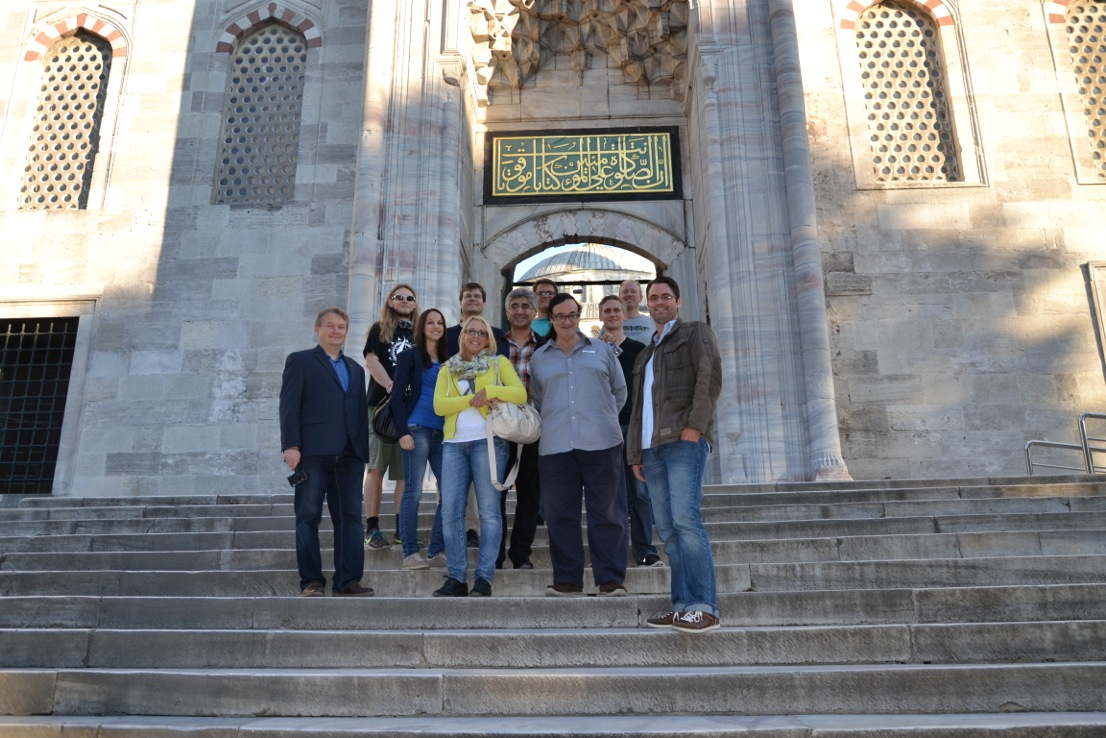The paper "GSHADE: Faster privacy-preserving distance computation and biometric identification" was created by Julien Bringer, Hervé Chabanne, Mélanie Favre, Alain Patey, Thomas Schneider (TUDA) and Michael Zohner (TUDA) and has been accepted for publication at 2nd ACM Workshop on Information Hiding and Multimedia Security (IH&MMSEC'14) in June 11-13, 2014. We would like to provide you a short insight:
At WAHC'13, Bringer et al. introduced a protocol called SHADE for secure and efficient Hamming distance computation using oblivious transfer only. In this paper, we introduce a generalization of the SHADE protocol, called GSHADE, that enables privacy-preserving computation of several distance metrics, including (normalized) Hamming distance, Euclidean distance, Mahalanobis distance, and scalar product. GSHADE can be used to efficiently compute one-to-many biometric identification for several traits (iris, face, fingerprint) and benefits from recent optimizations of oblivious transfer extensions. GSHADE allows identification against a database of 1000 Eigenfaces in 1.28 seconds and against a database of 10000 IrisCodes in 17.2 seconds which is more than 10 times faster than previous works.
http://dl.acm.org/citation.cfm?doid=2600918.2600922





